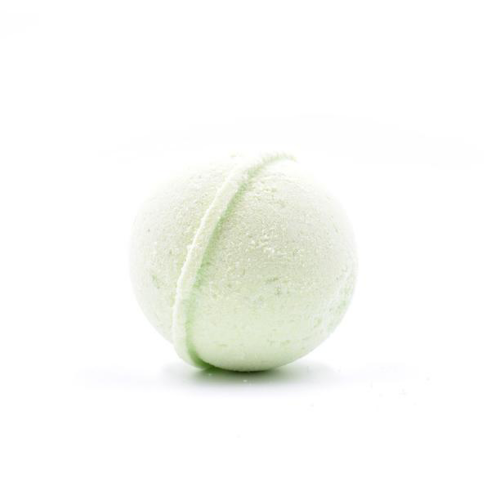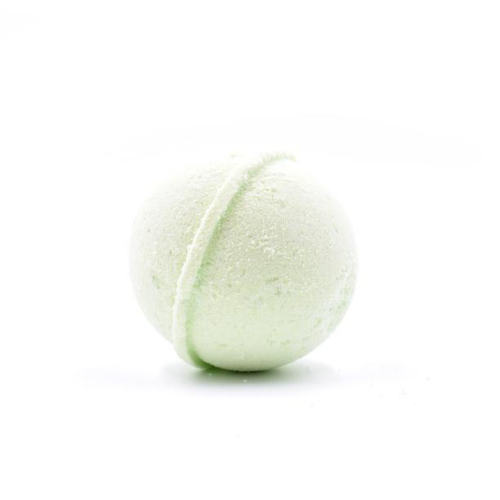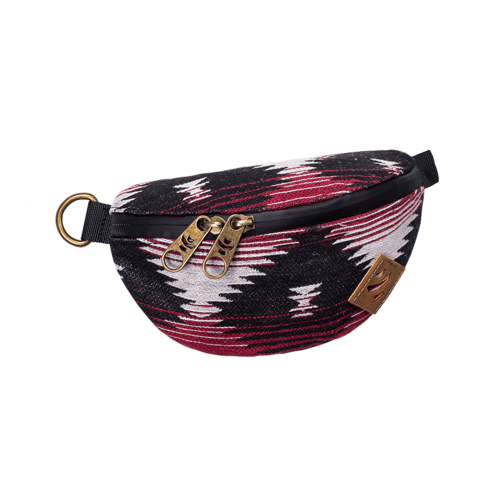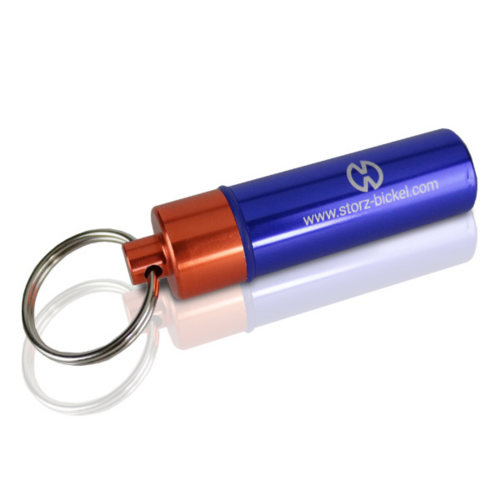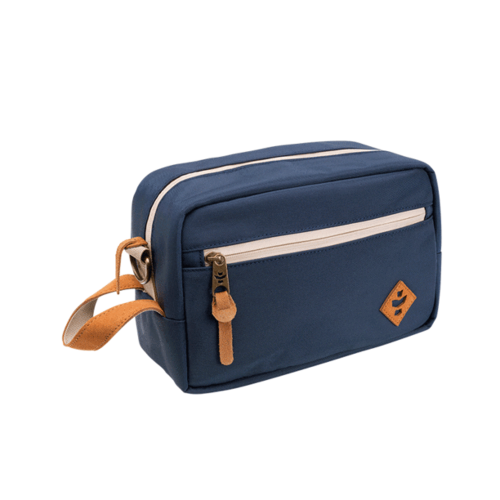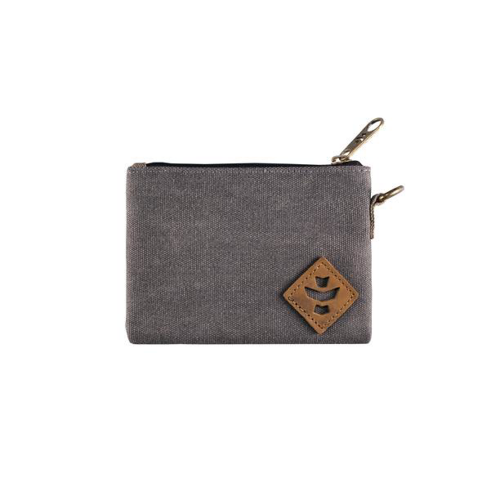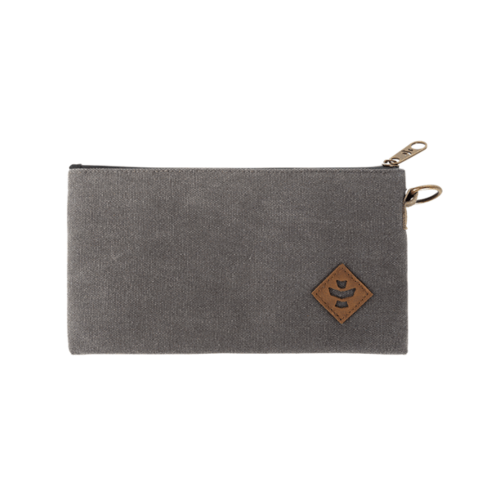Mood swing is a rapid or extreme change in mood. One can occur at any time and can range in severity from an almost unnoticeable alteration to a bout of manic depression. The duration of any given mood swing also varies. Mood swings that last a few hours are known as ‘ultrarapid’ while ones that last several days are called ‘ultradian.’
- Mood disorders treated include:
- Depressive disorders (major depression, major depression with psychosis, postpartum depression, persistent depressive disorder or dysthymia, and other depressive disorders), and
- Bipolar disorders (bipolar I, bipolar II, rapid-cycling and cyclothymia).
Thought disorders treated include:
- schizophrenia
- schizoaffective disorder
- other disorders involving psychois, hallucinations, paranoia or derailment
Co-occurring disorders such as substance misuse, anxiety, or personality disorders.
- Unhealthy diet or lifestyle.
- Drug abuse.
- Hormonal imbalance.
- Diseases that impact nervous system function such as ADHD, epilepsy or autism.
- Changes in a person’s sleep patterns.
- Stressful life events like death, divorce, or trauma
- Genetic.
- Feelings of hopelessness or helplessness.
- Trouble sleeping or daytime sleepiness.
- Poor appetite or eating too much.
- Poor concentration.
- Fatigue or low energy.
- Low self-esteem.
- Trouble concentrating or making decisions.
- 5.4% of Canadians aged 15 and older.
- 1.5% met the criteria for bipolar disorder in the past 12 months.
- More youth (aged 15 to 24) met the criteria for mood disorders and substance use disorders than any other age group.
Cannabis Benefits
Low-THC strains have powerful antidepressant effects. CBD increases the level of serotonin. Unlike THC, it is non-psychoactive and has mood-stabilizing properties.
Another CBD bonus relates to how quickly it works. A 2016 study by Ligue et al. found that CBD induces fast-acting antidepressant-like effects.
Best Strains
- high-CBD, low-THC strains

